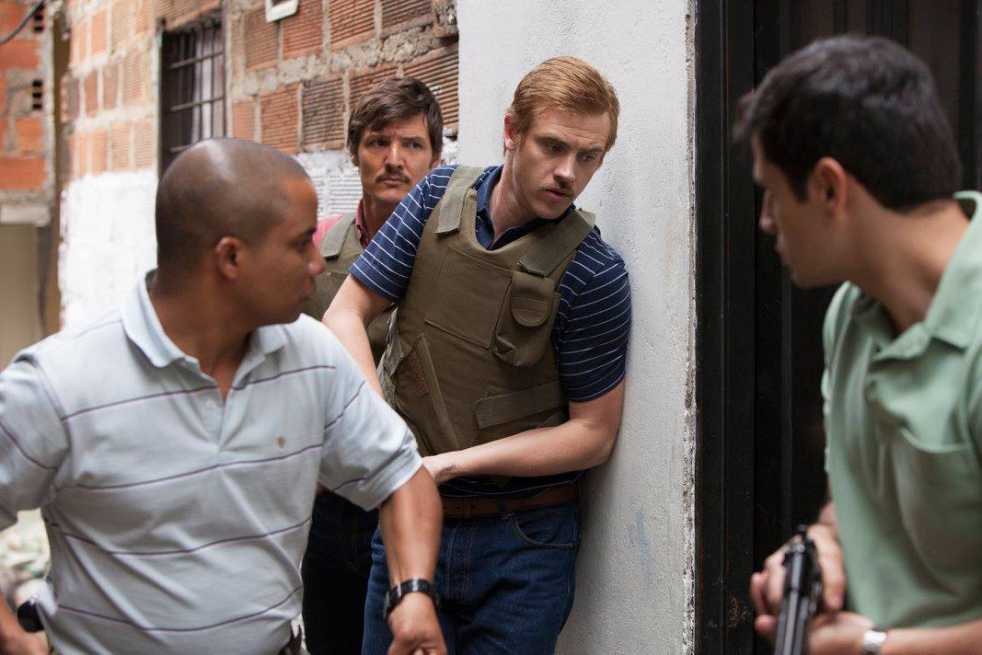“Narcos” had a lot to live up to with its second offering. Though this season’s fortes are vary widely from those of its predecessor, it delivers another helping of gripping crime drama. Wagner Moura (“Elite Squad”) once again steals the show with his stellar — albeit Brazilian — portrayal of Pablo Escobar.
However, the show takes a different attitude towards Escobar as a human. By portraying the drug lord physically and mentally on the run from the authorities for the majority of the 10 new episodes, the show breaks away from the ever-present antagonizing attitude of him that was mostly shown in its first season. By the last quarter of season two, it is hard not to feel a twinge of sympathy for the lonely and seemingly resigned version of Escobar.
If the first season of Narcos was an illustration of Escobar’s rise to power, this one portrays his rapid descent. In this season, harboring frustration and even anger towards the authorities’ single-minded obsession with catching Escobar is easier.
The depiction of the hunt for Escobar shows their blindness to other issues that should have had priority, such as investigating the Cali cartel. Both the Colombian and American authorities working toward his capture are shown to have immense flaws in both judgment and methodology.
Another welcome departure from the first season was the dialing back of the almost incessant narration by D.E.A. Agent Steve Murphy (Boyd Holbrook, “Gone Girl”). Holbrook’s narration works better as an expository tool this time, mainly due to its sparing usage.
In addition, the series always felt at its most authentic when it narrows the viewpoint to that of a member of Pablo’s entourage or family. This season capitalizes on that strength by closely following the plight of Pablo’s mother, wife and children, and it manages to keep their lengthy stay in a hotel room intriguing.
Unfortunately, the strong writing found in those scenes is counterbalanced by some hasty lines delivered near the beginning of the season by members of the American authorities. The corniness found in some dialogue suggests that the show is a broadcast television feel-good family show, rather than the crime drama it is.
One of the main consequences of this season’s arc is that the Cali cartel, which was clearly set up to be the next season’s antagonist, is allowed to consolidate resources and power for itself. One of the closing scenes implies that season three of “Narcos” may focus on D.E.A. agent Javier Peña (Pedro Pascal, “Game of Thrones”) and his quest to ensnare Cali cartel boss Gilberto Rodríguez Orejuela (Damián Alcázar, “The Chronicles of Narnia: Prince Caspian”).
If “Narcos” takes this direction in the future, director Andrés Baiz (“The Hidden Face”) will face the challenge of making that story more compelling than what has already been told through the lens of Escobar’s ascension and subsequent fall.
